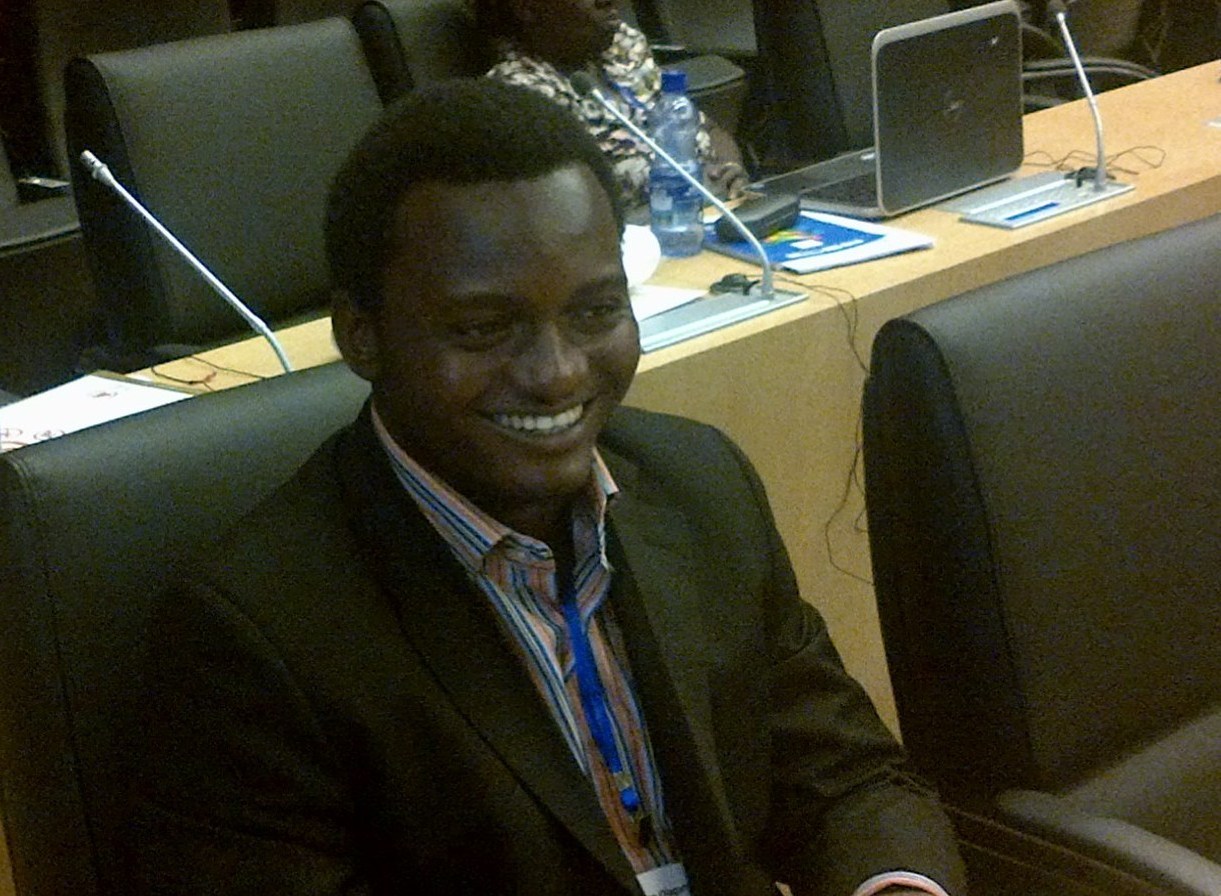When a society or community remains in a state of anarchy, little children in such communities feel the worst hit. That is quite easy to understand because they are low in survival instincts. This reminds me of the haunting picture and the last words of that 3 years old Syrian boy whose story went viral on the internetafter a crucial attack. You just might want to Google “I’m gonna tell God everything”. Those were his words as he struggled through the excruciating pains and wounds all over his small fragile body just before he died.
The situation in Syria might be quite understandable, noting that Syria is presentlya warring nation, but the issue is that some African nations have lost count on the number of children whose lives are being taken by preventable and curable diseases. And sometimes you can’t but wonder if it is a crime to be a child. During the World Pneumonia Day in November 2013, it was revealed that pneumonia after malaria is the second highest killer of children less than five years in Nigeria. This accounts for about 17 per cent of all the recorded deaths of children under five. How staggering can it be to know that both malaria and pneumonia are both treatable and curable diseases without medical complexities? Nigeria has the second highest number of child pneumonia death in the world accounting for the deaths of 130,000 kids every year. That implies that in every 30 seconds a child less than 5 dies of a curable disease like pneumonia.
The most important factors to be considered in raising the bar for the African Child is ensuring that all pre-requisitesto keep them in good health are taken seriously and also ensuring that there are reliable medical facilities to cater for their health. Apart from health, education is another major one. Any society that abandons the education of the child is guaranteed of having a terrible future. Lack of social amenities only bring pain and discomfort to us in the immediate sense of it, but when we fail to educate the little ones, it is like consciously throwing away the chancefor a better future.
It is important to bring to fore the reality that the African Report on Child Well-being in 2013 showed that the living conditions for children in the African continent has greatly improved compared to five years ago, eessentially as a result of the huge investment in reducing infant mortality and also the improvements towards access to water and sanitation. The truth is, if improvements have been recorded despite the huge number of children mortalitya country like Nigeria records over curable diseases, that makes it difficult to imagine how things were before now for the average African child.
Mauritus, South Africa and Tunisia are the top on the list countries where child well-being has greatly improved, and the approach they used is actually simply and replicable.All they did was to set national laws that save guard children from violence and maltreatment. When an environment that aids growth and all round development is created,children respond better to education and the same goes for their health. That largely explains why many of the countries on the bottom of the list of “child-friendly countries” are countries who under invest in education and health of children.
Amazingly, some countries like Rwanda and Malawi with low GDP fared better than countries with considerably better GDP like Namibia and Equatorial Guinea. This tellingly shows that it’s not all about how wealthy a nation is or otherwise. Catering for the well being of a child is not absolutely dependent on the wealth of a nation. It's essentially about commitment and dedication to see the future generation grow and develop in an environment where their well being is guaranteed. As we focus and celebrate the African Child today, I see some iota of optimism from the case of Malawi and Rwanda.And every African leader who professes love for the African Child should take steps to ensure that their confession matchesup with their commitments.
What is more important is not the number of resources or the amount in the country’s reserve, it’s singularly about having child friendly policies that will cater for the all round well- being of children. The abduction of the Chibok girls that has birthed the #BringBackOurGirls global campaignin Nigeriaprobably would have been a thing of the past if the Nigerian government stood up to his responsibilities when it mattered most, simplyby doing all that was necessary to rescue the adopted girlsat the early stage. This tells why commitment, more commitment, and sincere commitment remains the singular pre-requisite to securing the well being of the African child.
Lanre Olagunju is an hydrologist turned freelance journalist. He has a degree in hydrology from the University of Agriculture Abeokuta and a professional diploma in journalism from the American College of Journalism. Lanre advocates on several international platforms for the prosperity and absolute well-being of the African continent. He's @Lanre_Olagunju on Twitter

